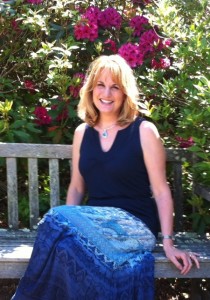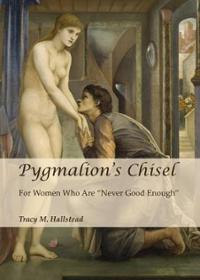Hallstead MALS ’91 Studies Patriarchal Culture That Devalues Women

In her recently published scholarly work, Pygmalion’s Chisel: For Women Who Are Never Good Enough (Cambridge Scholars Publishing), Tracy Hallstead MALS ’91 examines the enduring critical presence in contemporary Western culture that scrutinizes, critiques, and sizes women down in their daily lives, despite rights gained through the centuries. The book takes its title from Pygmalion, the ancient mythical sculptor who believed that all women were essentially flawed and endeavored to chisel a statue of the perfect woman, Galatea, for himself. Like the perpetually carved and refined Galatea, women labor under Western culture’s a priori assumption that they are flawed, yet they are often unable to account for the self-criticism and self-doubt that result from this premise.

As Hallstead analyzes the culture’s requirements for the perfect woman, she traces how cultural forces permeate women’s personal lives. In calling for solutions, she considers the thinking of compelling 19th-century women who responded, rather than reacted, to the patriarchal culture that devalued them. As she studies these women of the past, whose struggles were similar to those of contemporary women, Hallstead encourages a responsive feminism that becomes a promising way outside Pygmalion’s chamber door.
Joan Hedrick, the Charles A. Dana Professor of History at Trinity College, praises the book: “Calling for a ‘responsive feminism’ that finds ‘pockets of instability’ within the system to push for transformation, Hallstead weaves practical suggestions into her analysis and provides institutional resources for change. Beautifully organized and accessibly written in a first-person voice, this book is bound to change the consciousness of readers.”
For her MALS from Wesleyan, Hallstead concentrated in humanities. She also holds an master of arts in writing, rhetoric, and media arts from Trinity College, where she received the Paul Smith Memorial Prize for Most Distinguished Thesis. She mentors first-year students and runs a peer support program at Quinnipiac University, where she teaches in the university’s Seminar Series.

